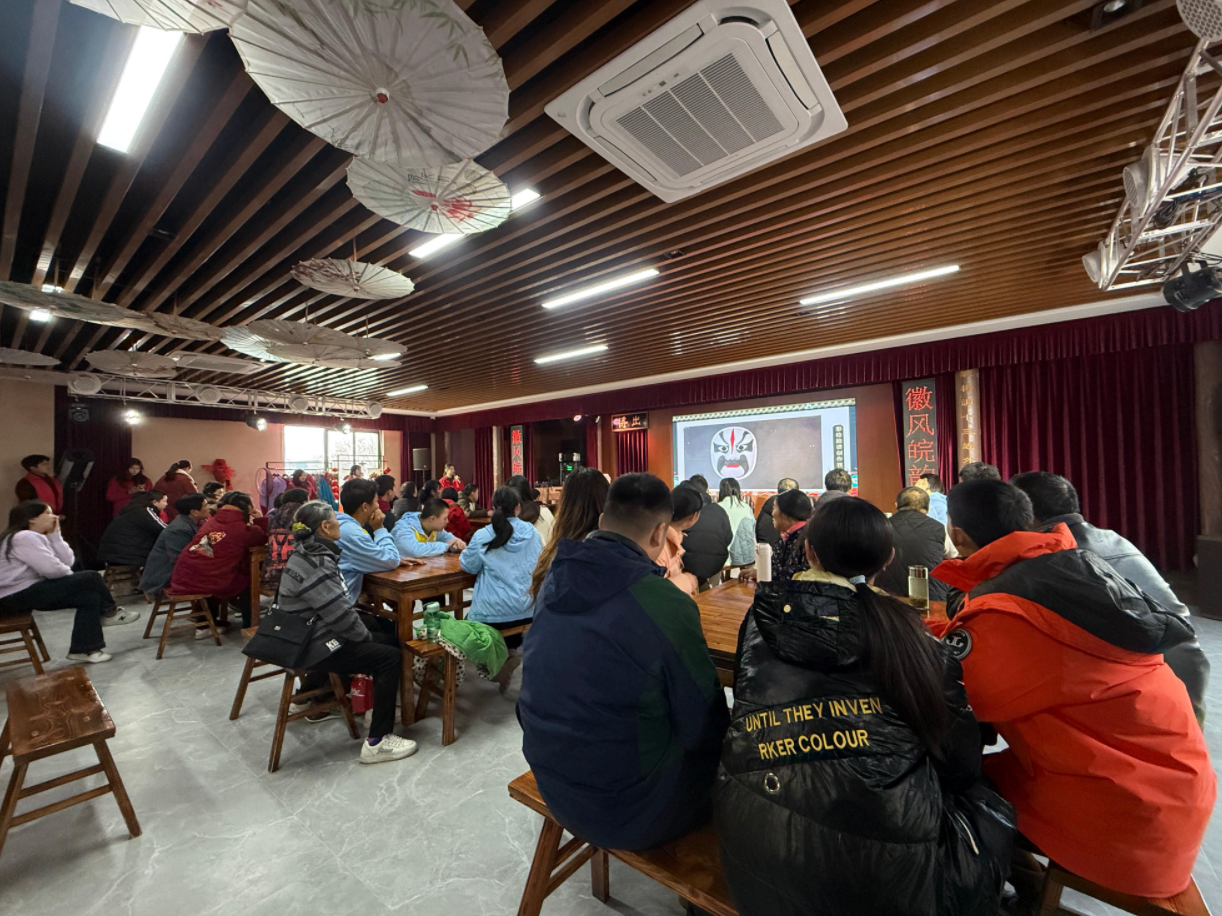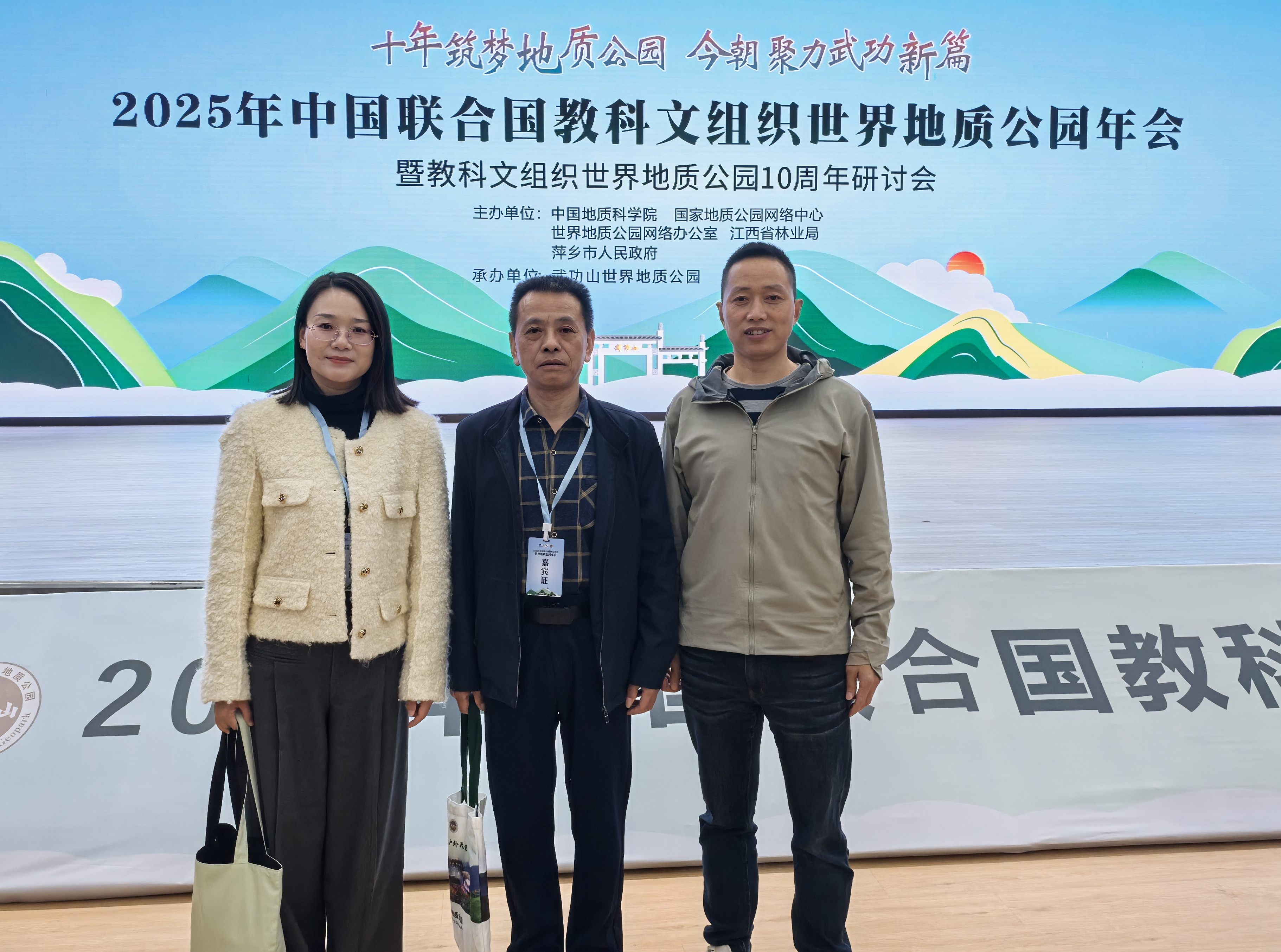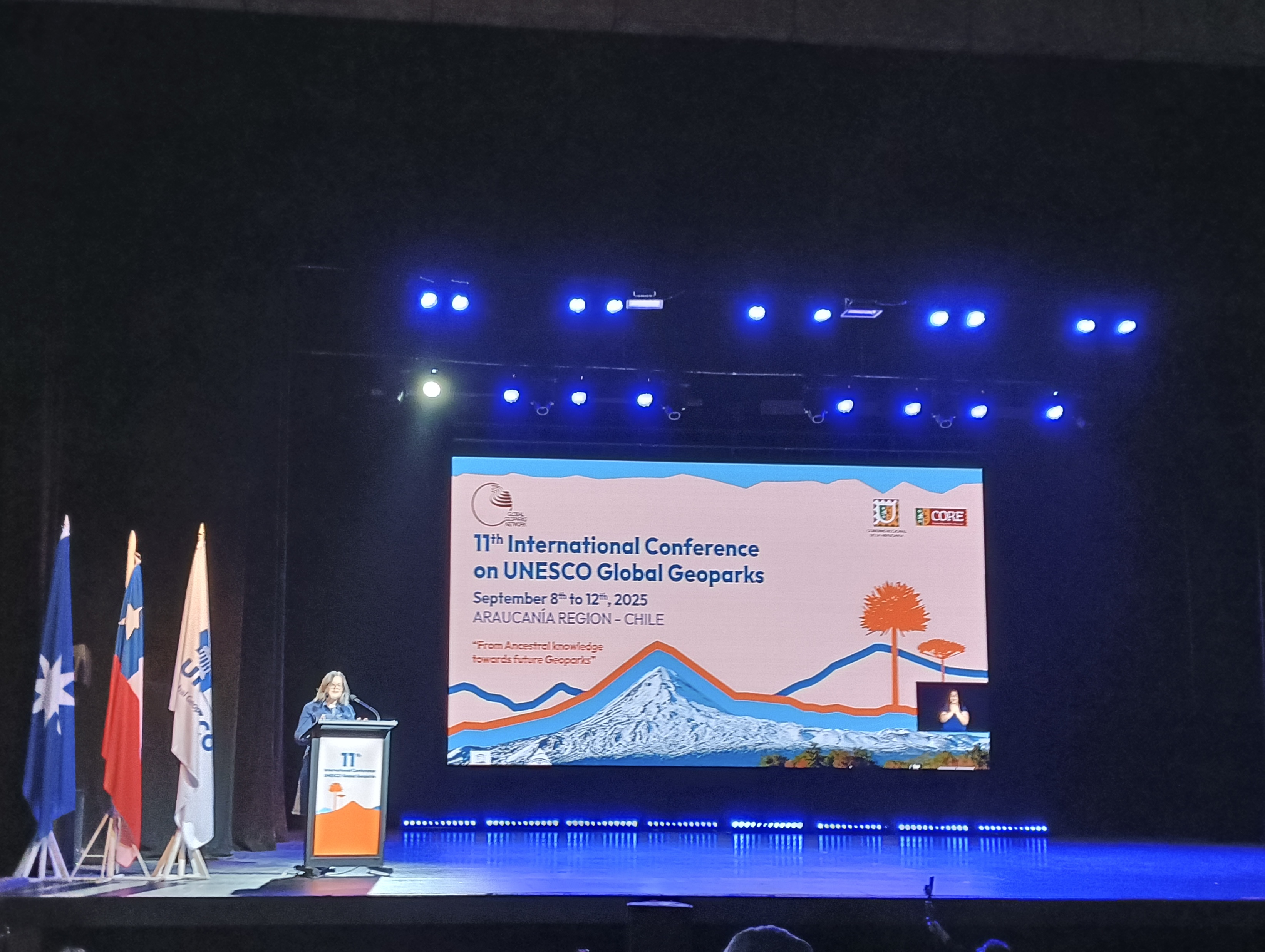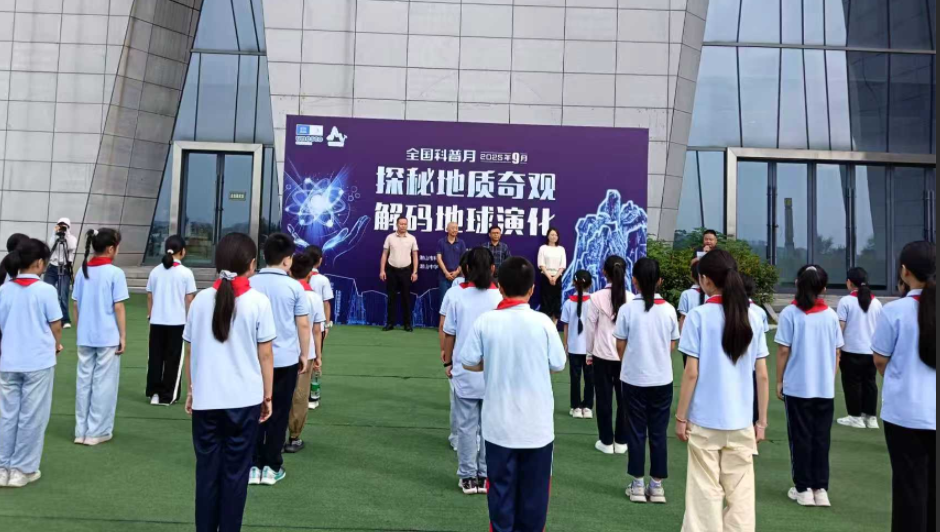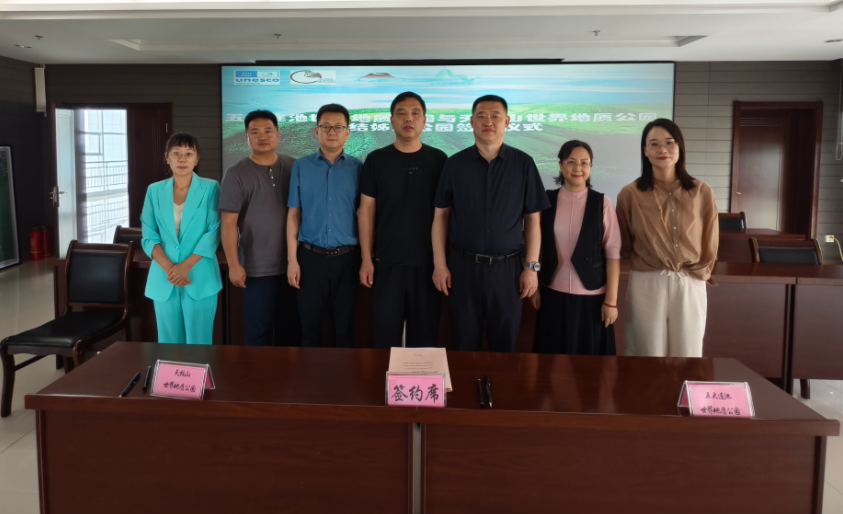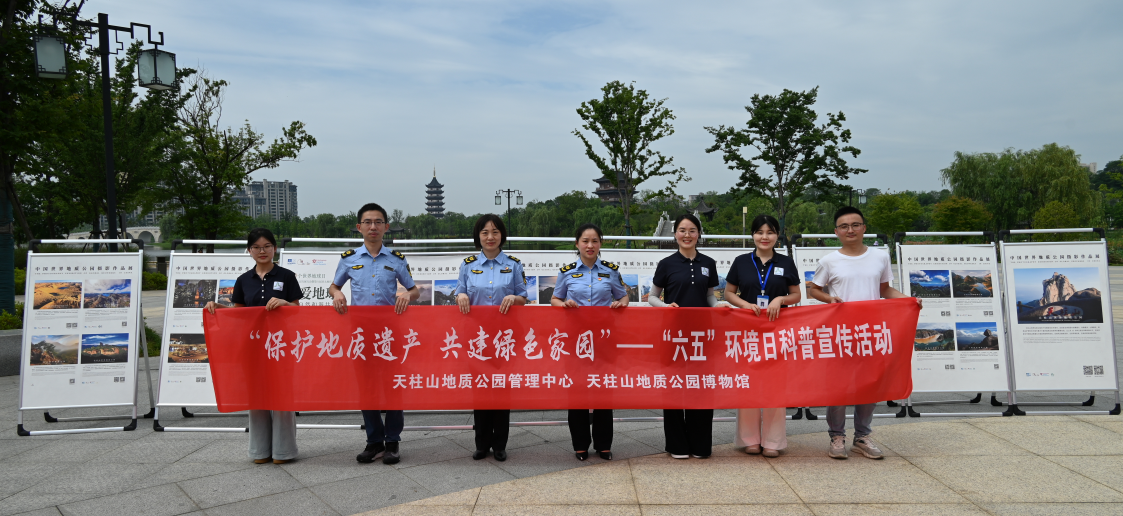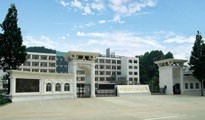Global warming has become an increasingly serious challenge faced by humanity. Governments worldwide should work together to address it in case of irrevocable damage to sustainable development.
In 1997, the first World Climate Conference was held in Geneva. Scientists pointed out that the rising CO2 concentration would lead to higher temperatures. This is a milestone in the process of addressing climate change, and climate change has started to receive international concern.
In 1998, the Intergovernmental Panel on Climate Change (IPCC) was established to evaluate the latest scientific progress in addressing climate change and to provide scientific support for international cooperation on climate change. So far, IPCC has conducted five authoritative evaluation reports in 1990, 1995, 2001, 2007 and 2014 respectively.
In 1992, the United Nations Framework Convention on Climate Change(UNFCCC) was signed at the United Nations Conference on Environment and Development, and it took effect in March 1994. In addressing climate change, all participating countries should follow the principle “sharing common but differentiated responsibilities” Developed countries should take the lead in limiting greenhouse gas emissions and provide funding and technology support for developing countries, while developing countries, with the support of technology and funding from developed countries, should take measures to mitigate climate change.
At the end of 1997, the Kyoto Protocol was signed in Japan. It was the first time that 39 developed countries achieved an agreement on reducing greenhouse gas emissions from 2008 to 2012. Based on the emissions in 1990, they would reduce emissions by 5%. The EU would reduce 8% emissions of 6 greenhouse gas, the United States would reduce by 7% and Japan would reduce by 6%. On 16 Feb 2005, the Kyoto Protocol took effect. This was the first time in human history a law was used to restrict greenhouse gas emissions.
In December 2007, at the United Nations Climate Change Conference held in Bali, Indonesia, the “Bali Roadmap” was passed, which specified the procedures in addressing climate change. On one hand, developed countries who signed the Kyoto Protocol promised to sharply reduce CO2 emissions after 2012. At the same time, developing countries and developed countries who did not sign the Kyoto Protocol should take a further step to address climate change. This is the “dual-track negotiation”.
In December 2009, the World Climate Conference in Copenhagen was held. During the conference, the international community discussed follow-up plans when the first plans of Kyoto Protocol expires, and reached an emission reduction agreement from 2012 to 2020, known as the Copenhagen Accord. They also reached consensus on compulsory emission reduction of developed countries, voluntary emission reduction of developing countries, long term goals, funds and technology support, and transparency of the progress etc. This is another historic global climate agreement after the Kyoto Protocol, and it was dubbed “the last opportunity to rescue humanity”.
In December 2011, the 17th signatory party meeting of the United Nations Framework Convention on Climate Change was held in Durban, South Africa. The key topic of the meeting was “Green Climate Fund”. The meeting also passed “The Durban Package”, set up a special group, decided to carry out the second plans of Kyoto Protocol, and launched the Green Climate Fund.
In November 2015, the 21st contracting party meeting of the United Nations Framework Convention on Climate Change was held in Paris. So far, 184 countries have submitted “Independent Contribution” documents for addressing climate change, and these documents cover 97.7% global CO2 emissions. Over 150 heads of states and governments attended the opening ceremony. Nearly 200 contracting parties agreed on the Paris Agreement, which was the second climate agreement abiding bound in law. The Paris Agreement is a historic agreement that initiated a new course of international cooperation on addressing climate change.
In November 2016, the 22nd contracting party meeting of United Nations Framework Convention on Climate Change was held in Marrakech in Morocco. Representatives from 190 countries and regions attended the meeting, and they passed the Marrakech Declaration of Action, reiterated the Paris Agreement and stressed that all parties should keep their promises and take action to deal with climate change.

















